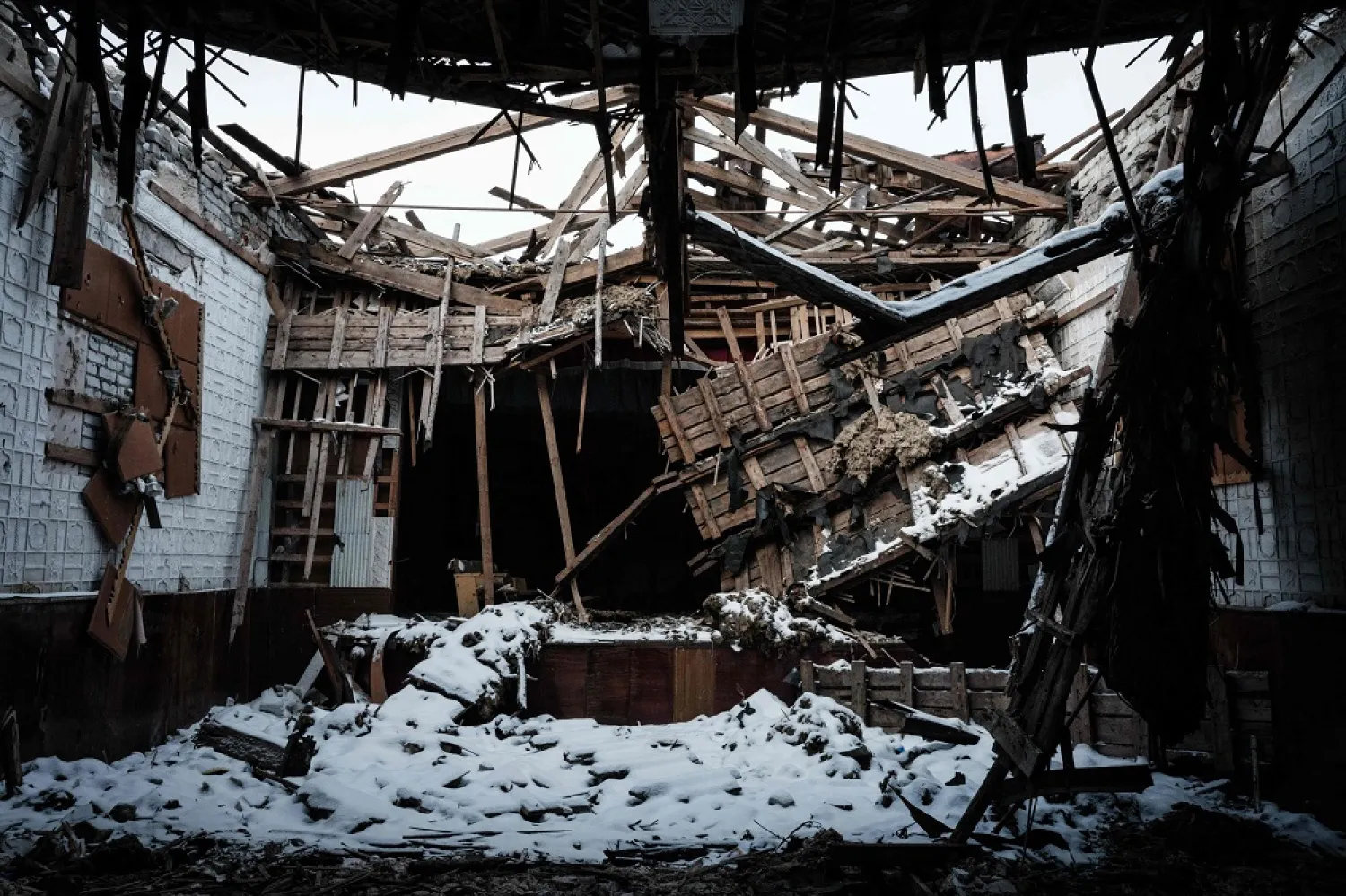Ukraine had withdrawn from its libraries about 19 million copies of books by last November that came either from the Soviet era or were in Russian, a senior lawmaker said on Monday.
Yevheniya Kravchuk, deputy head of the Ukrainian parliament's committee on humanitarian and information policy, said that of the 19 million books, 11 million were in Russian.
"Some Ukrainian-language books from the Soviet era are also written off," Kravchuk said according to a statement published on the website of the Verkhovna Rada, the country's parliament.
"There are also recommendations to write off and remove books whose authors supported armed aggression against Ukraine."
It was not immediately clear what happened to the withdrawn books.
After Russia moved to annex Ukraine's Crimean Peninsula in 2014, Kyiv increasingly restricted the use of Russian books. The process of the so-called "de-russification" sped up when Russia invaded the country nearly a year ago.
In mid-2022 Ukraine restricted the distribution of Russian books, seeking to further sever cultural ties between the two neighbors and undo policies that Kyiv authorities say have suppressed Ukrainian identity for centuries.
"In general, the ratio of books in Russian and Ukrainian languages in our libraries is just very regretful," Kravchuk said.
"So now we are talking about the fact that it is necessary to renew funds and purchase books in the Ukrainian language as soon as possible."
She added that about 44% of books in Ukraine's libraries are in Russian, the rest in Ukrainian or languages of the European Union countries.
Ukrainian is the sole official language of the country. About a half of the population speaks mostly or only Ukrainian and some 30% speak mostly or only Russian, according to a 2019 survey by the Kyiv International Institute of Sociology.
Both Russian and Ukrainian are East Slavic languages, but while most Ukrainians speak Russian, Russians unfamiliar with Ukrainian have difficulties understanding it.
Russian plays still a large role in business, culture and the media. And it is still very widely spoken in many cities, including Kyiv, although the use of Russian has been increasingly restricted. Legislation obliges businesses and other institutions to use Ukrainian.









